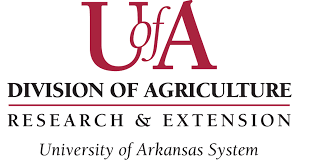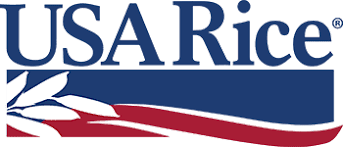Despite the expansion of organic rice farming and consumer demand, the domestic supply of organic rice is lagging behind domestic demand with rice imports covering one-fifth of the total U.S. demand for organic rice. This creates a comparative disadvantage in organic rice production in contrast with the strong global competitiveness of non-organic U.S. rice production.
This comparative disadvantage could be a result of several reasons, including a lack of information about organic rice farmers’ profitability and consumers' perception on organic rice attributes, high entry farm costs from organic protocol requirements, and a perception of high risk by farmers due to a shortage of technical details about organic rice production. Little is known about supply challenges in the scientific literature for U.S. organic rice.
Growers, processors, retailers, and others across the supply chain do not know if domestic organic rice production in the U.S. can compete with foreign rice imports. Research is needed to determine if domestic organic rice production is competitive and sustainable, and what qualities consumers desire in the rice they eat.
This project aims to identify these challenges and disseminate the findings to support the development of policy and marketing strategies to help fostering the growth of the U.S. organic rice sector.
The University of Arkansas, in collaboration with The Organic Center and the University of California Cooperative Extension, was awarded nearly $500,000 through USDA’s Organic Research and Extension Institute (OREI) to help undertake a three-year project studying the challenges and opportunities for organic rice production and usage in the United States.
The results from this project will help U.S. organic rice supply chain actors (e.g., growers, processors/handlers, retailers, and traders) to make strategic decisions to improve their business success. The findings will also generate tools and information to help policymakers to initiate policies favoring the U.S. organic rice market resulting in increased social benefits.
This research will foster discussions with farmer focus groups and surveys, as well as studies of consumer behavior and attitudes concerning desired attributes of rice they buy and consume. Findings and results will be disseminated through interactive extension tools, presentations, and journal and newspaper publications, to reach target audiences.










